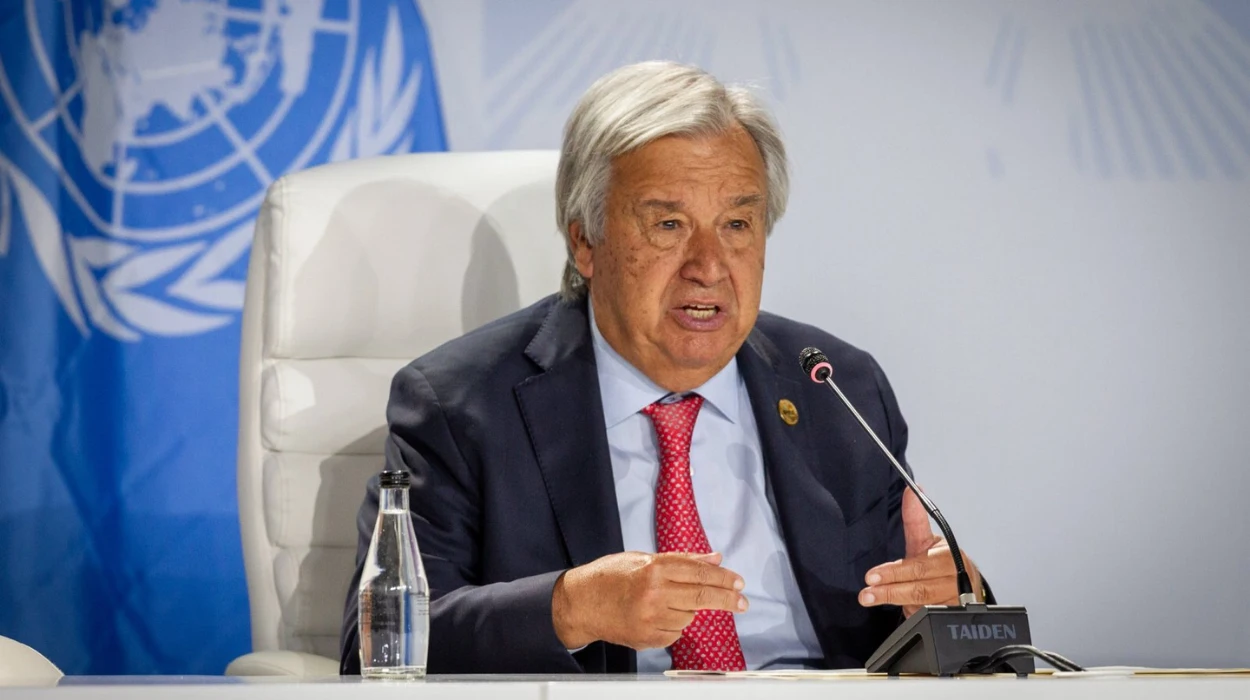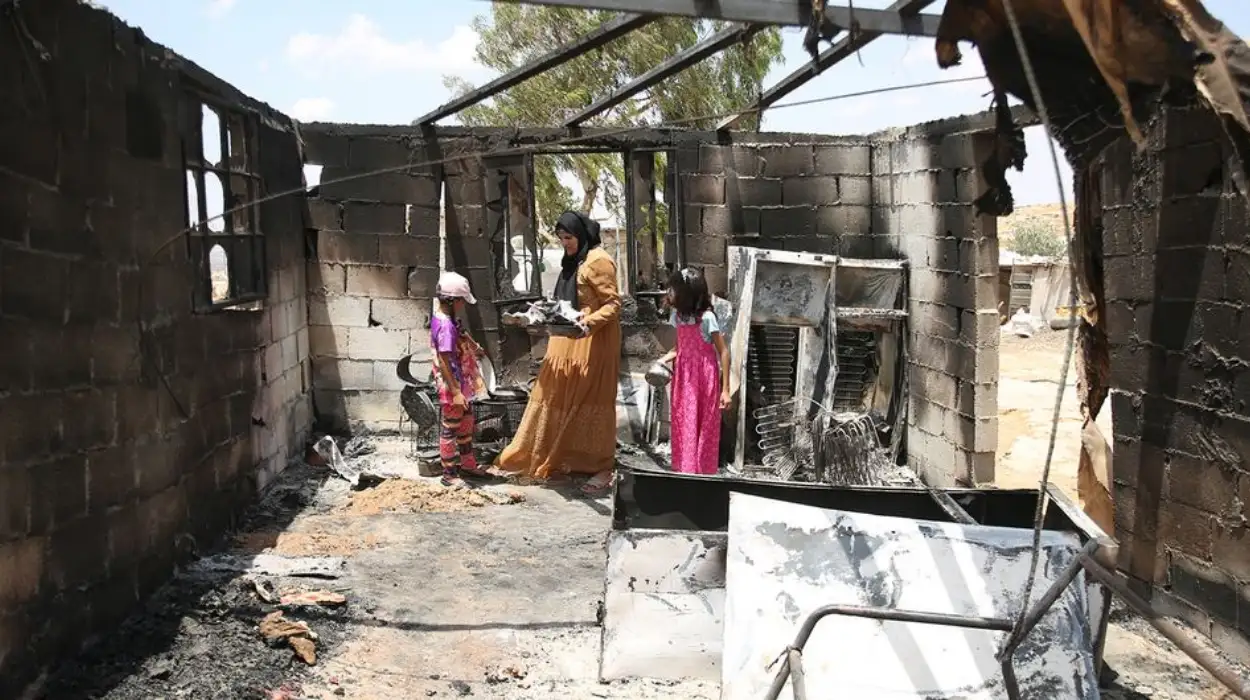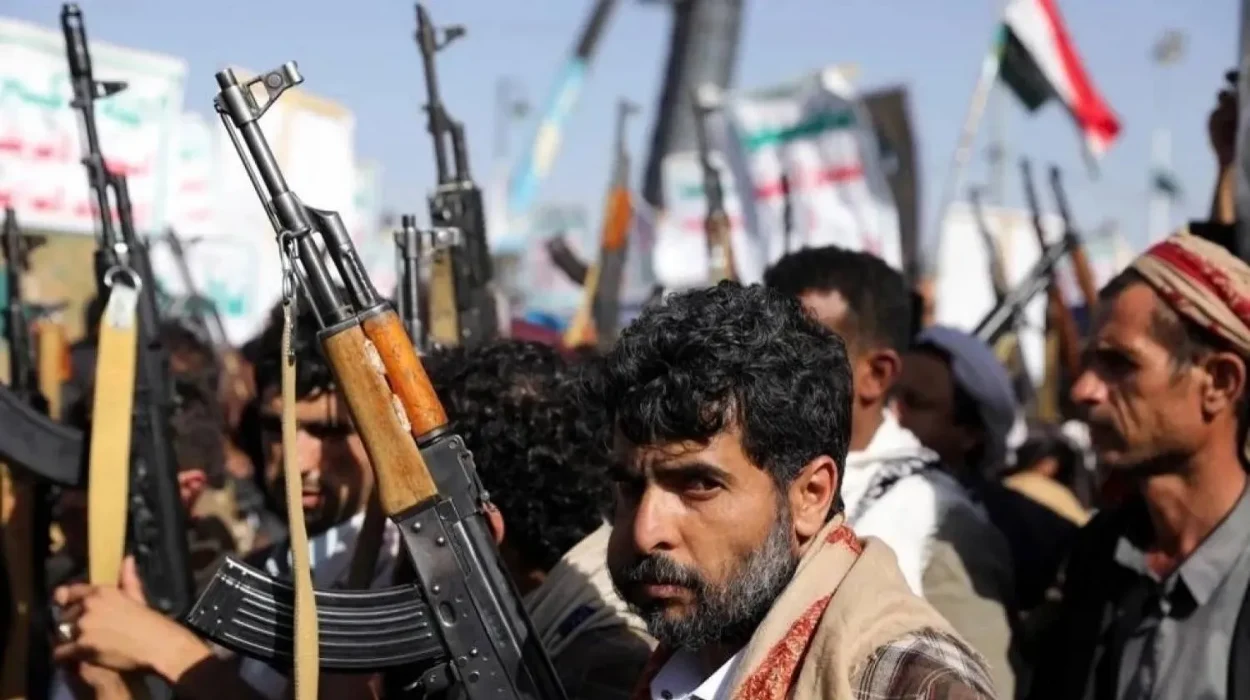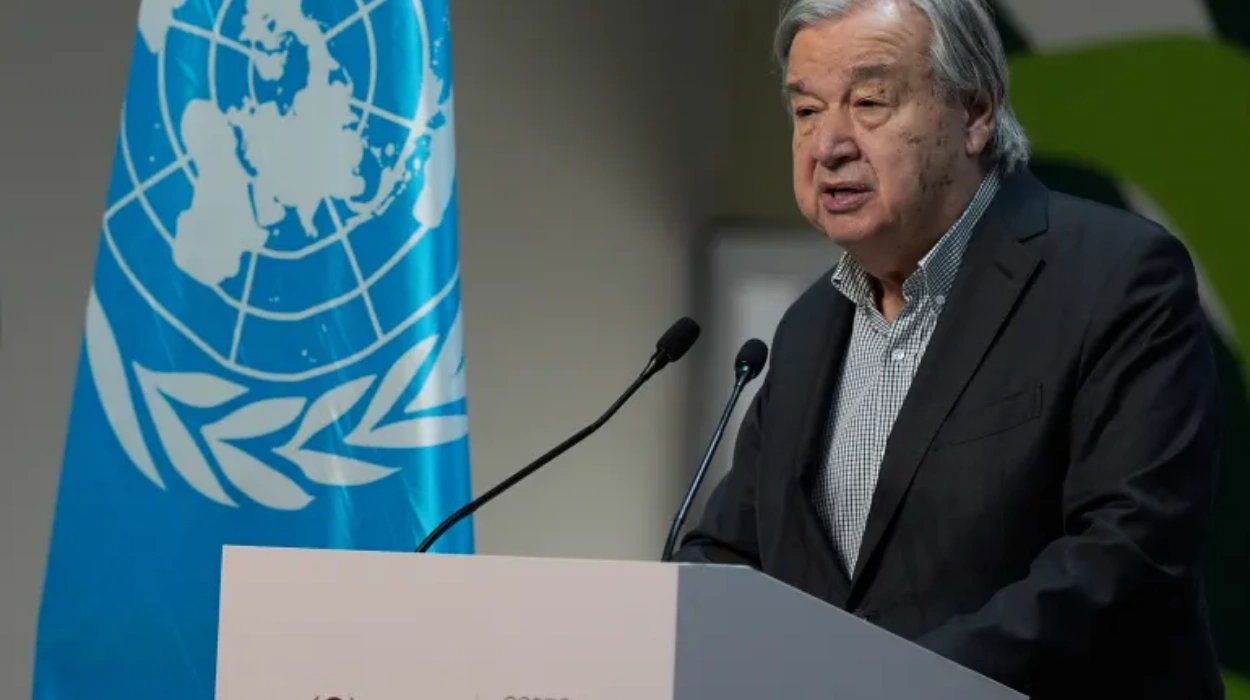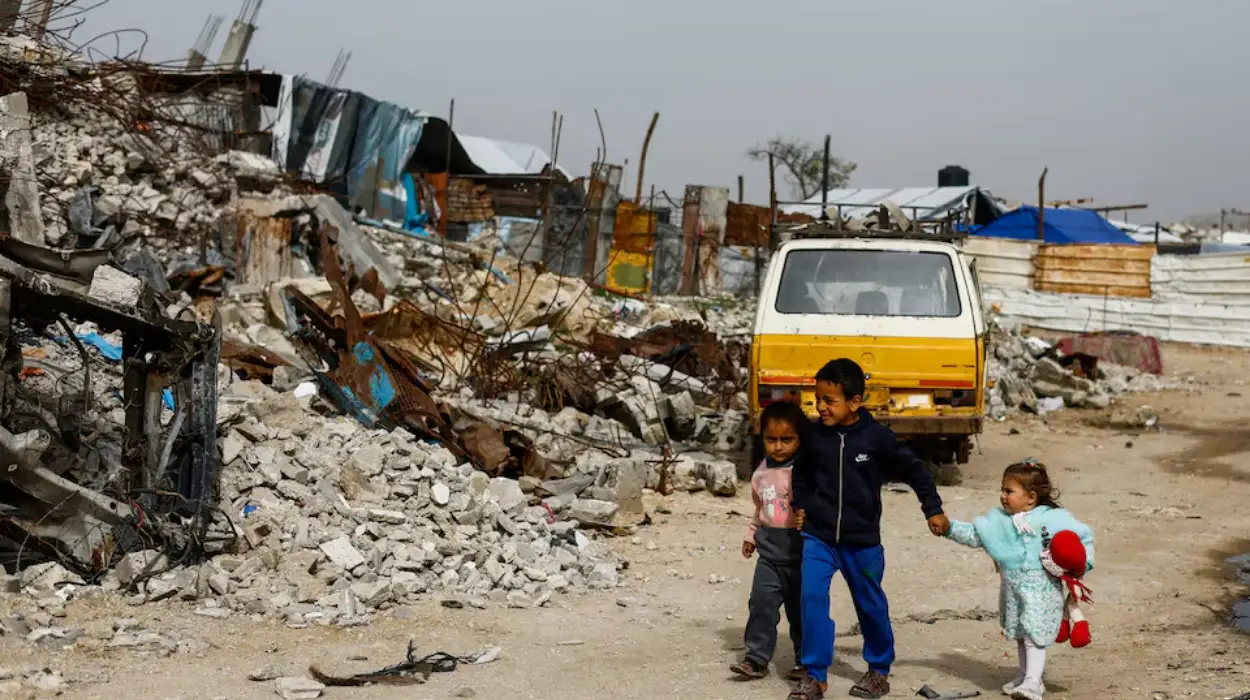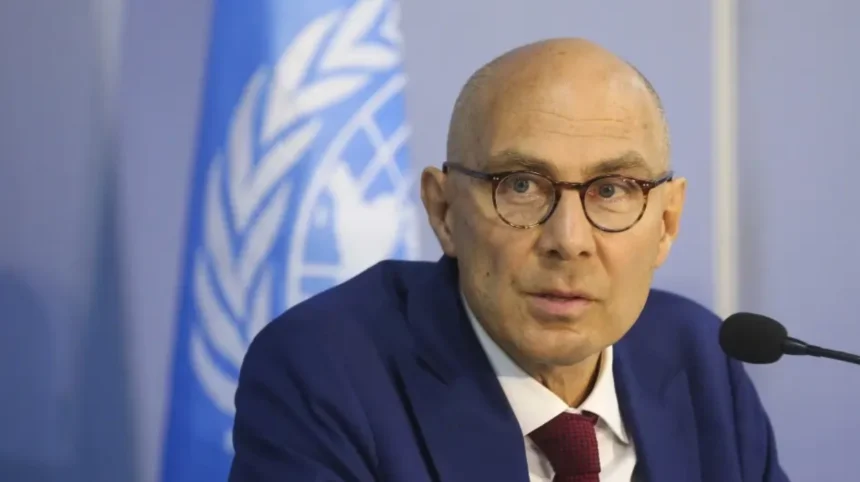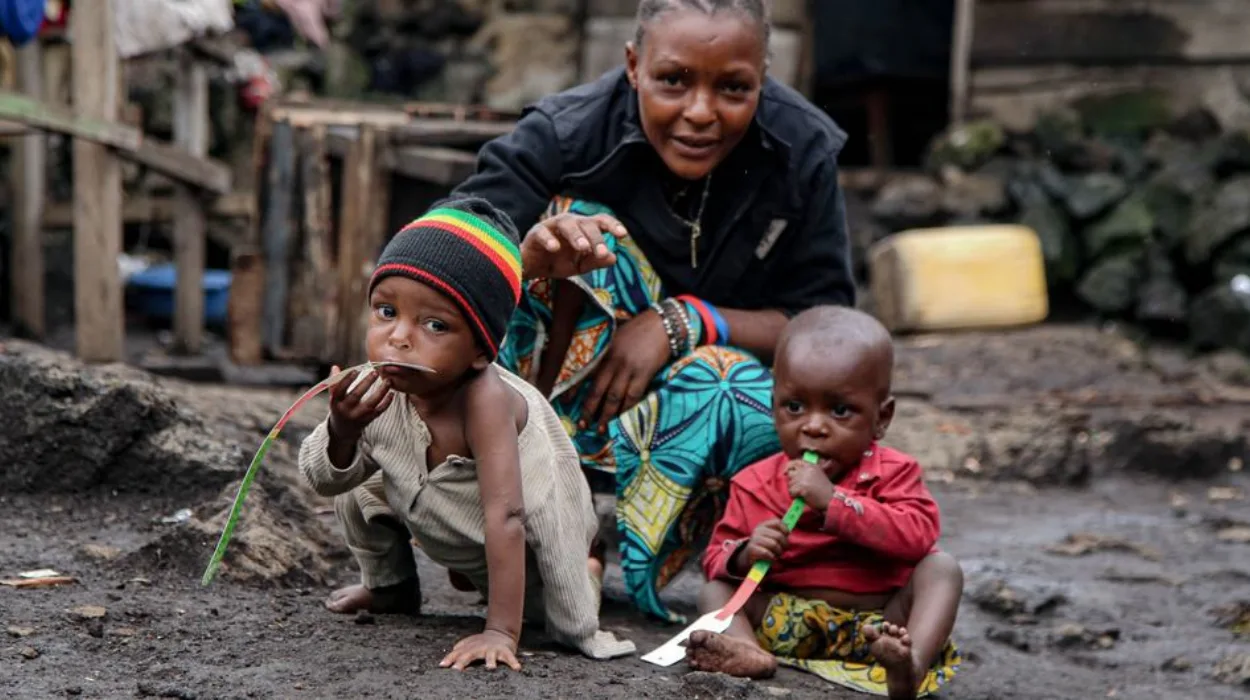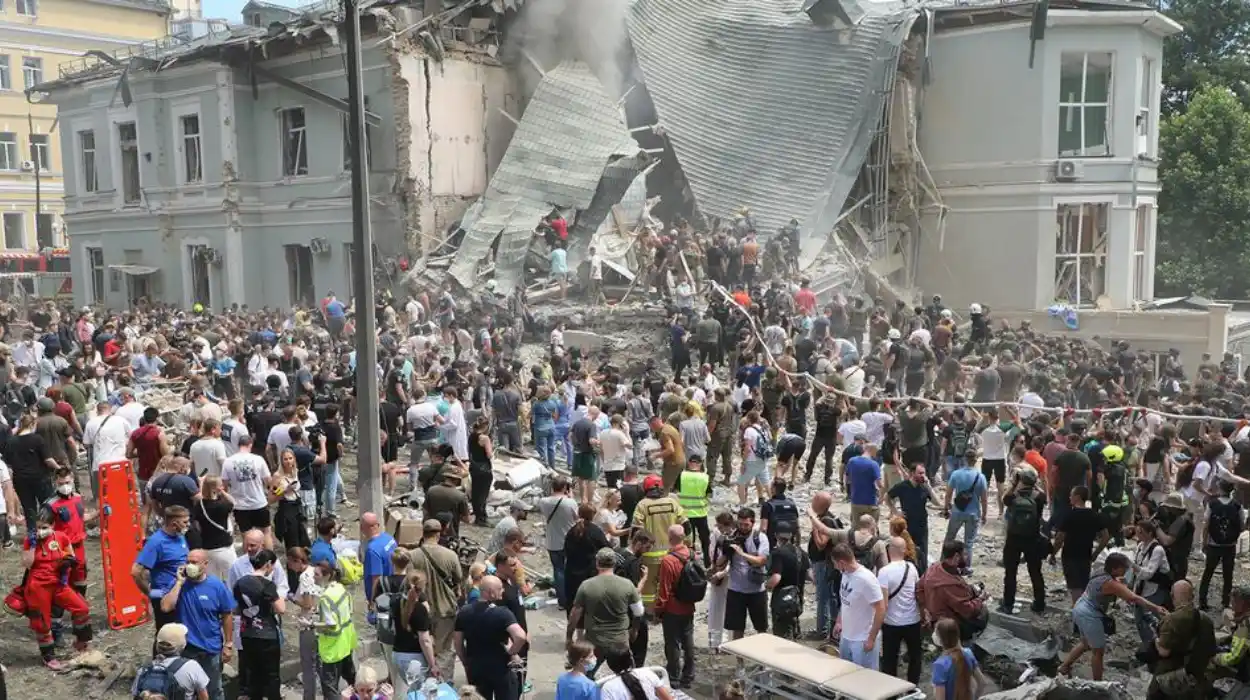The forthcoming 60th session of the United Nations Human Rights Council (HRC), taking place from September 8, 2025 to October 8, 2025, has potential critical importance for Sri Lanka— a country that is facing modern day human rights challenges in a complicated political context. Volker Türk, the UN High Commissioner for Human Rights, has recently visited Sri Lanka and urged the government to break from its troubled past and to meet its now-due obligations for accountability, justice and reconciliation.
During his visit, Türk met with a wide range of local stakeholders (bereaved families, civil society groups, and government officials) highlighting the urgency and increasing requests for human rights reform. The traditional concerns, heard repeatedly in international forums, relate to impunity for an era of past atrocity in relation to Sri Lanka’s civil war, the present day systematic abuses, and the challenges towards restoring the rule of law. This analysis outlines contemporary human rights issues facing Sri Lanka, the response of the international community, the legal and political issues related to the current context, and prospects for real change ahead of the HRC’s urgent upcoming session.
Sri Lanka’s troubled human rights record: Legacy and present-day challenges
The issues surrounding human rights in Sri Lanka can be traced back to its protracted civil conflict with the government due to the Liberation Tigers of Tamil Eelam (LTTE), from 1983–2009. Despite the conclusion of hostilities having taken place more than a decade ago, the civil war abuse continues to post a major influence on the social and political fabric of governance. International investigations and United Nations missions have identified violations by all parties during the civil conflict, including enforced disappearance, extrajudicial killings, arbitrary detention, and sexual violence.
All of these legacies have entrenched distrust and division in Sri Lankan society, complicating efforts for any form of national reconciliation.
The UN Human Rights Council has established two important mandates for Sri Lanka since 2021; the OHCHR Sri Lanka Accountability Project – OSLAP, on the collection and preservation of evidence of gross human rights violations and violations of International Law and the High Commissioner’s mandate to monitor and report on the emerging human rights situation. These mandates have been extended periodically, reflecting on the ongoing lack of credible domestic mechanisms to secure accountability and justice.
Human Rights watch and other commentators acknowledged that the administration of President Anura Kumara Dissanayake, elected in 2024 on a platform of justice reforms, has taken some steps albeit limited towards larger interventions. There are still significant structural deficits when it comes to addressing impunity for crimes committed during the war, stopping violations in the present – including arbitrary arresting and torture, the controversial Prevention of Terrorism Act (PTA) is still being used despite campaigning on a repeal, and repression of minorities and dissenting voices. Families of the disappeared, as well as civil society actors, still face repression, intimidation, and surveillance in the Northern and Eastern provinces, fostering a culture of fear and hindering transitional justice.
UN High Commissioner Volker Türk’s visit and message
Volker Türk’s recent visit in June 2025 was important, not only symbolically but substantively. By working directly with the families of victims, civil society and the government; Türk witnessed first-hand the realities on the ground that will provide insights used in the upcoming OHCHR report that will be prepared for presentation in September in the HRC session (OHCHR, 2025). In Türk’s opening remarks, he noted that “Sri Lanka has an enormous opportunity at this crucial time in history to transform the country and the lives of countless people should it successfully break from the past” through reform. Türk emphasized that appropriate and timely explicit p commitments must be made to effective and transparent investigations into emblematic cases that maximize respect for victims and their communities’ rights, dignity, etc. In particular, Türk emphasized, the demand for the government to transpose their rhetorical commitment to example, accountability for abuses; the restoration of the rule of law; and the dismantling of deeply entrenched colonial and neo-colonial ethnonationalist ethnopolitical policies with time-bound actions, is meeting with considerable contextual challenges.
Türk’s visit highlighted continuing distressing realities; there are still threats and violence against human rights defenders and families of the disappeared; independent investigations are challenged; there are still arbitrary detentions under PTA; there is still no meaningful progress in land restitution. His remarks also underlined the challenge of justice delivery with national unity and called for international cooperation to support credible accountability mechanisms.
International monitoring and the role of the Human Rights Council
The Human Rights Council has played an important and continuous role in monitoring Sri Lanka. Since 2021, its resolutions have required regular reporting on the human rights situation, accountability projects, and communications with Sri Lankan authorities on human rights compliance. The 60th session is set to revisit and potentially repeat those resolutions, considering the success and failures to date.
The international community is still divided on approaches to Sri Lanka, with certain States focusing on sovereignty and creating national, self-led change as opposed to sustained international intervention via the HRC. The council is also being called upon to strengthen the OHCHR, to endorse repairing for victims, and to deploy targeted sanctions against individuals in the Sri Lankan state implicated in violations. The continuation and increased strength of these international mechanisms are being acknowledged as absolutely necessary until the accountability deficit persists (Human Rights Watch, 2025).
Experts also stress that while accountability for human rights violations in Sri Lanka is essential in addressing the legacy of harm, it is not an end in itself. A process of reform is necessary alongside case-based accountability. The push for constitutional reforms and institutional changes to enact a devolution of authority and protections against discriminatory policies, is crucial to safeguarding human rights. Without meaningful political and legal transformation, genuine and sustainable reconciliation will not be possible in Sri Lanka (ICJ, 2024).
Socioeconomic dimensions: Impact of economic crisis and austerity on human rights
Beyond conflict-related abuses, Sri Lanka’s ongoing economic crisis exacerbates human rights challenges. The International Monetary Fund’s austerity demands have sparked concerns about social protections being cut, disproportionately impacting vulnerable communities. The UN High Commissioner’s report highlights the need to balance fiscal consolidation with safeguarding economic, social, and cultural rights (Groundviews, 2025).
Corruption remains pervasive, undermining governance and public trust. Efforts to combat corruption, exemplified by the recent arrest of former President Ranil Wickremesinghe on misuse of public funds allegations, signal tentative steps towards accountability but also provoke political uncertainty.
The economic situation imposes additional barriers for victims and civil society to access justice and reparations. A sustainable recovery requires not only political will but international financial cooperation that respects human rights obligations and avoids deepening social inequalities.
The path ahead for Sri Lanka and the UN Human Rights Council
As Sri Lanka approaches a critical juncture in its human rights trajectory with the 60th UNHRC session, the challenge is to leverage international scrutiny constructively while respecting national ownership of reforms. The government’s pledges to repeal the Prevention of Terrorism Act, investigate mass graves, and enhance accountability offer hope but must be translated rapidly into tangible changes to rebuild trust.
Continuous engagement by the Human Rights Council, supported by dedicated mechanisms like the OHCHR Sri Lanka Accountability Project, remains imperative to support victims, monitor implementation, and deter further violations. Global solidarity, capacity-building, and targeted support for civil society bolster prospects for transformative reform.
Ultimately, lasting peace and reconciliation in Sri Lanka hinge on addressing root causes of conflict through justice, inclusivity, and protection of rights. The 2025 HRC session stands as a pivotal moment to assess progress, reinvigorate commitments, and reaffirm the universal principles underpinning human rights protection for all Sri Lankans.


